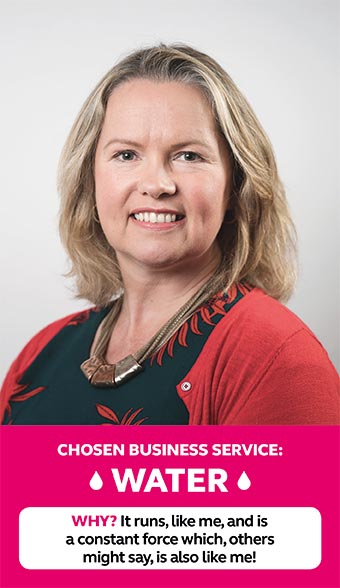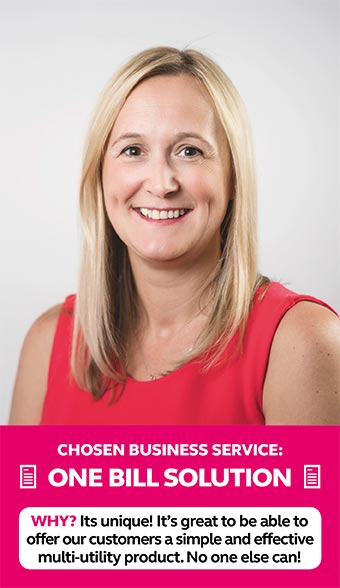WHAT DOES THE 2016 BUDGET MEAN FOR SMALL BUSINESSES?
Chancellor George Osbourne announced the UK government’s Annual Budget for 2016 last week. Verastar explains the key policy changes announced in this speech which could impact UK small to medium sized enterprises (SMEs).
Altering business rates
The Chancellor announced that from 2017, around 600,000 British small businesses will be exempt from business rates. This should prove welcome news to SMEs across the UK. Data from software company Sage suggests that over a third of British small businesses believe that reforming business rates would transform their venture’s prospects.
Osborne estimates that small companies could save around £6,000 per annum due to Whitehall’s new policy. Furthermore, the Chancellor announced that around 250,000 British companies will see their business rates bill reduced and that due to these plans, half of all UK business properties will pay no or less business rates from next year.
Reforming calculation methods
Whitehall will also reform its business rate calculation method, according to Osborne. Future rises will be calculated on the basis of the Consumer Price Index (CPI), as opposed to the previously used Retail Price Index (RPI). Speaking on the Budget’s significance for UK SME retailers, Association of Convenience Stores Chief Executive James Lowman was quoted by Small Business saying:
“The increased small business rate relief threshold will be a welcome measure for thousands of local shops who are facing rising costs in other areas of their business…. We [also] welcome the move from RPI to CPI for annual business rate increases but urge the Chancellor to cap rates increases in line with the government’s 2% inflation target.”
Aiding SME expansion
The Chancellor also announced that the capital gains tax rate would be reduced from 20% to 10%. Commenting to Small Business, KPMG Enterprise tax partner Samantha Day suggested that this policy would undoubtedly incentivise more people to create, scale up and sell companies.
Day added that Whitehall’s decision to extend Entrepreneurs Relief to long-term investors in unlisted businesses should prove beneficial. Elaborating, she said: “Couple this with the further reduction in corporation tax, and a reduction in commercial stamp duty and it is plain to see that the backbone of our economy – our legion of growing entrepreneurial businesses – are the winners this Easter.”
A study conducted by The Telegraph found that 52% of SME owners expect to expand their operations by up to 10% in 2016. However, government tax policy has long been cited by SMEs as a significant barrier to growth. Expert analysis suggests that the government’s 2016 Budget could provide UK small businesses with the tax relief measures they require to promote growth.
Verastar
Verastar is a leading provider of essential business services to micro SMEs, operating under the following brands: kinex, Clear Business Water, Titan Telecom, Marble Telecom, Economy Gas and 118777 Limited. Our business model is focused on providing a spectrum of consolidated services that disrupt traditional markets and create great savings, efficiencies and value for our customers.
















